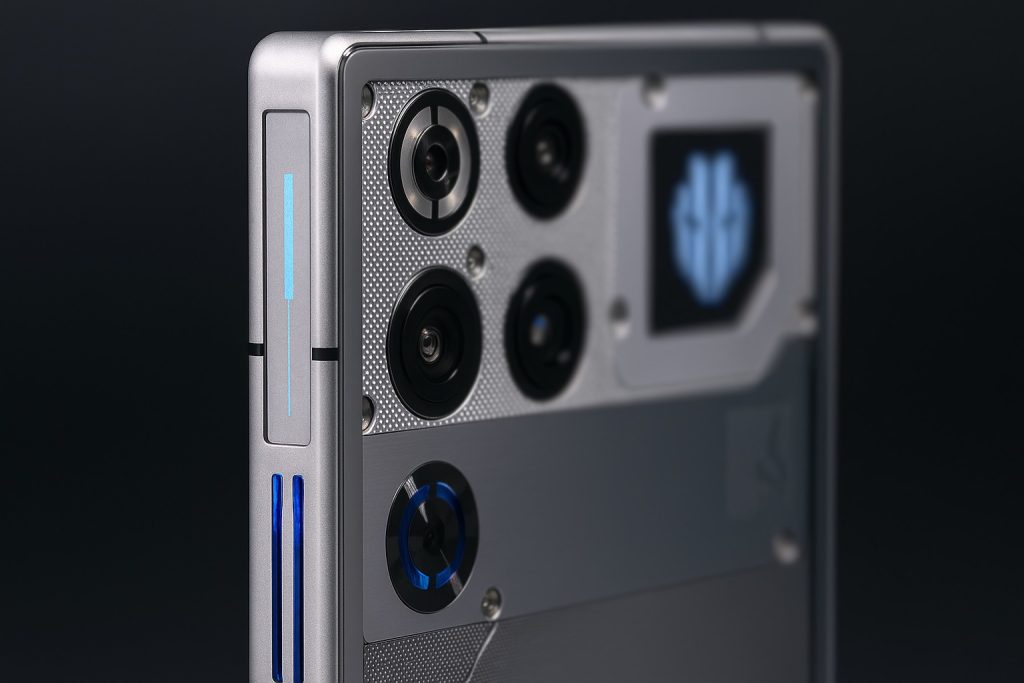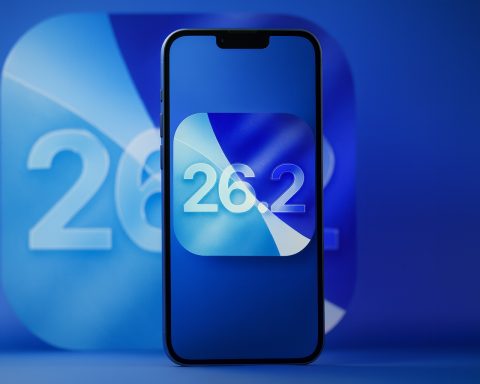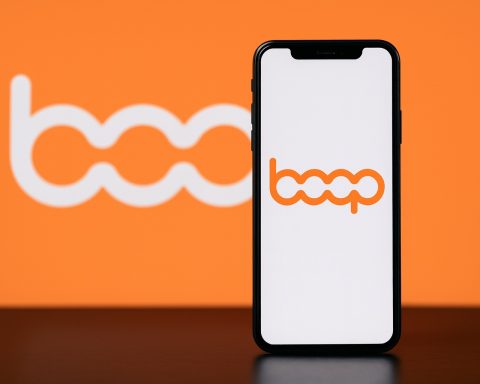
RedMagic 11 Pro: Das Gaming-Handy mit Wasser in den Adern (Erstes flüssiggekühltes Smartphone verblüfft die Tech-Welt)
Einleitung Das Nubia RedMagic 11 Pro sorgt für Schlagzeilen als ein Smartphone, das buchstäblich Flüssigkeitskühlung durch seine Adern fließen lässt. Mobile Gamer und Technikfans haben so etwas noch nie gesehen: Dieses neue Gaming-Flaggschiff pumpt tatsächlich Flüssigkeit im Inneren des Telefons, um es




